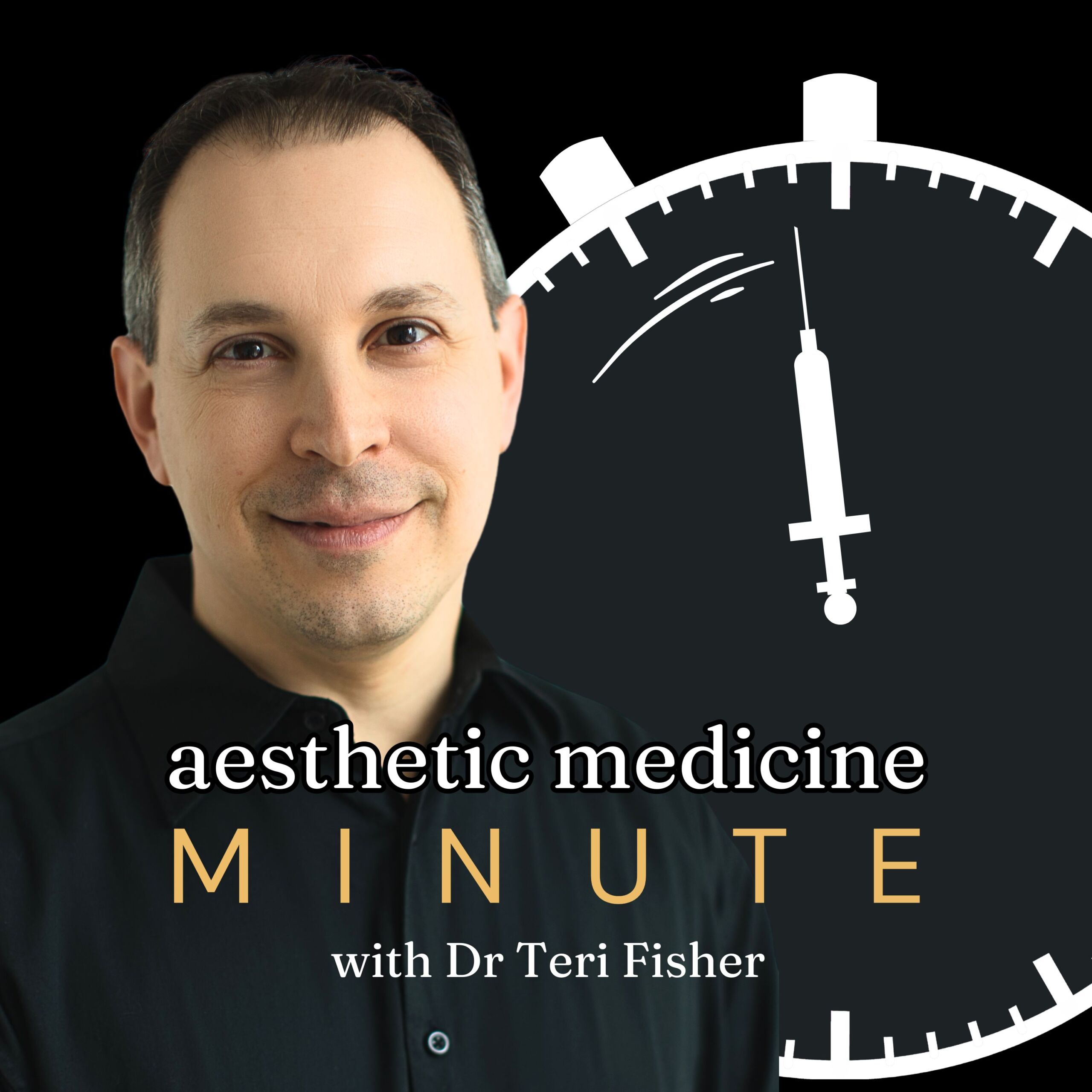
AMM 140: Safer Aesthetic Treatments for Immunocompromised Patients
July 16, 2024
In this episode, listeners will learn about a recent systematic review published in the Aesthetic Surgery Journal focusing on best practices for non-surgical aesthetic treatments in patients on immunosuppressants and immunomodulators. The study by Dr. Leila Cattelan, Dr. Steven Dayan, and Dr. Sabrina Fabi examines outcomes and complications from filler injections in 1690 immunosuppressed patients, predominantly those who are HIV-positive. Key findings highlight a 28% complication rate, with specific risks varying depending on the type of medication. The episode underscores the importance of thorough pre-procedural assessments, aseptic techniques, precise injection methods, and infection prevention measures for safer aesthetic care.
Quick Takes
- Recent review in Aesthetic Surgery Journal on non-surgical aesthetic treatments in immunosuppressed patients
- Study analyzed 43 articles covering 1690 immunosuppressed patients receiving fillers, 99% HIV-positive
- Results show 28% complication rate, emphasize pre-procedural assessment, aseptic techniques, precise injection methods
Episode Transcript
Today is July 16, 2024. A recent review in the Aesthetic Surgery Journal sheds light on best practices for non-surgical aesthetic treatments in patients on immunosuppressants and immunomodulators. Authored by Dr. Leila Cattelan, Dr. Steven Dayan, and Dr. Sabrina Fabi from the University of Illinois at Chicago, this systematic review explores outcomes and complications for this unique patient group.
Non-surgical procedures, like filler injections, are increasingly popular, but for patients on immunosuppressants, information on safe practices has been limited. This study analyzed 43 articles, covering 1690 immunosuppressed patients who received fillers. Notably, 99% of these patients were HIV-positive.
The results showed a 28% complication rate, with subcutaneous nodules being the most common issue. Patients on immunomodulatory meds have a higher risk of granulomas, while those on immunosuppressants face more infectious complications. The review emphasizes the need for thorough pre-procedural assessments, strict aseptic techniques, precise injection methods, and prophylactic measures against infections.
This study is a crucial step toward safer aesthetic care for immunocompromised patients, with ongoing research essential for refining these guidelines. Thanks for tuning in to today’s Aesthetic Medicine Minute.
